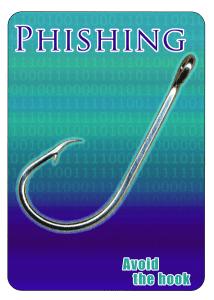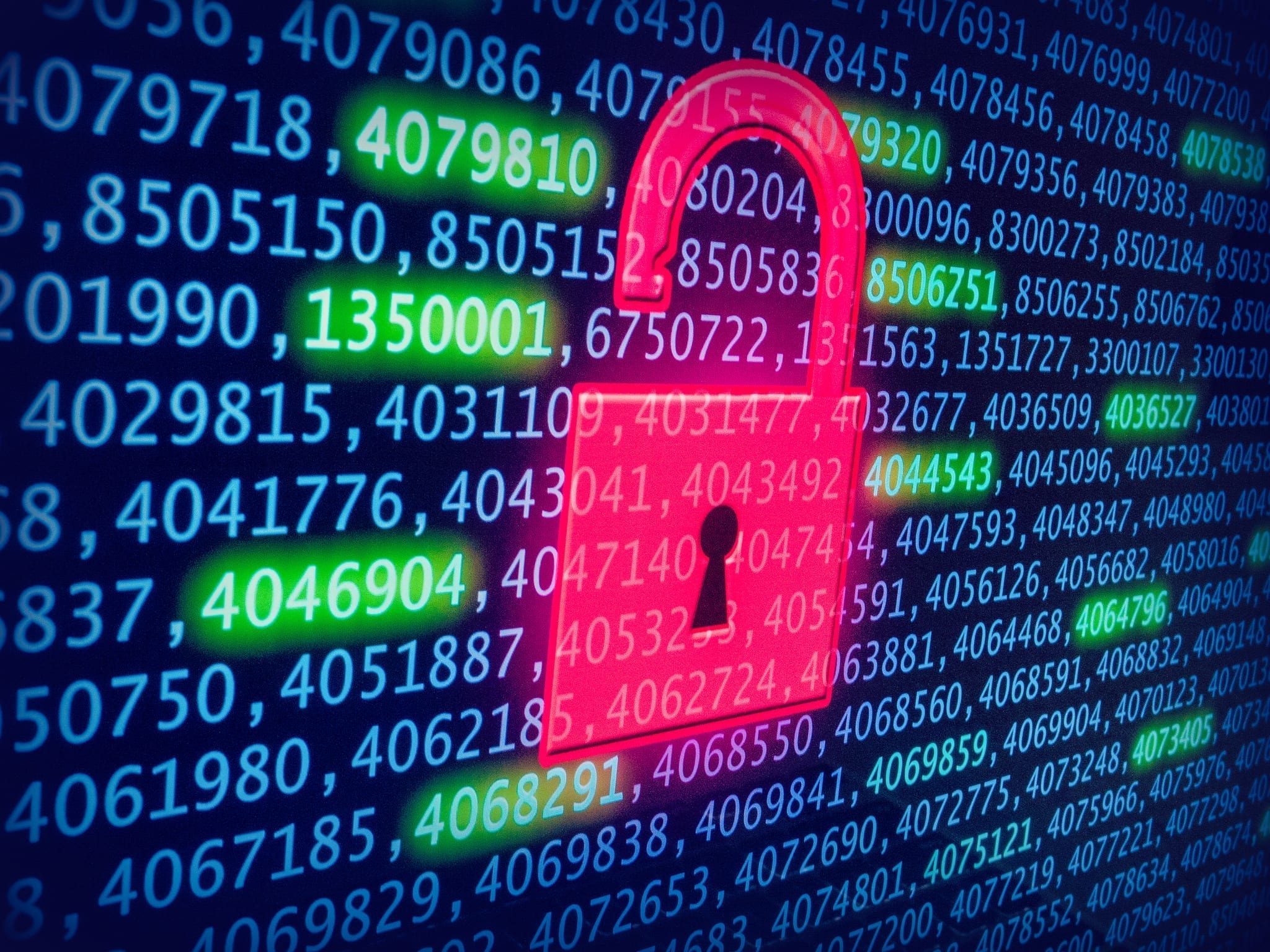As technology evolves, the threat of cyber attacks also rises. When a law firm faces cyber attacks, it can lead to fines, penalties, malpractice lawsuits, investigations, and negative publicity.
Lawyers have access to a vast amount of confidential or proprietary data, including intellectual property and industry trade secrets. Therefore, law firms have become the main targets of cyber attacks by cybercriminals seeking to expose, sell, or otherwise extort confidential information to the highest bidder. As more and more law firms embrace digital transformation, it has become easier for cybercriminals to access confidential information. According to the American Bar Association, 29% of surveyed law firms experienced cyberattacks in 2020. In the United Kingdom, 75% of law firms reported that they faced cyberattacks.
The main reason for these cyberattacks is the lack of understanding the law firms have regarding cyber threats. A law firm’s inability to adequately safeguard client data can lead to loss of both existing and future clients, lawsuits, fines, and the firm’s reputation.
What are the cyber threats faced by law firms?
Data breaches
Legal firms have access to highly confidential data, which increases their risk for data breaches. Cybercriminals execute these attacks by accessing the law firm’s computer from a remote location. Cyber attacks statistics show the average cost of data breaches has increased to $4.24 million in 2021 from $3.86 million in 2020. Sometimes, this data is later sold on the dark web for the biggest price.
Ransomware
Ransomware is a piece of software that allows cybercriminals to encrypt important files and demand a fee or ransom to restore them. They can do this in multiple ways. One way is accessing the computers in the firm via the network and then encrypting the files. The other method is sending a scam mail with an infected attachment or a link to download some software. If an employee downloads the attachment or the software and tries to open it or install it, the employee will unintentionally infect their computer with the ransomware. If any confidential data leaks during the attack, your firm will face lawsuits from your clients. (Read about a similar incident here.)
Phishing

Hackers send a scam message to people, hoping that they will send confidential information. This is known as phishing. Phishing has become very easy with law firms as lawyers have to communicate with external parties a lot. They use online tools such as DocuSign that may connect to client email addresses and inboxes. This threatens the secrecy of the confidential information sent between clients and attorneys.
Website attacks
For various reasons, lawyers may have to visit multiple legitimate websites per day. Cybercriminals exploit this by infecting the computers of individuals who visit less secured websites.
Internal threats
External parties are not the only people who commit cybercrimes. However, they can be committed by insiders as well. For example, if you have not set up proper access restrictions, former disgruntled employees or current employees in your firm can access highly sensitive data, which they could leak to outsiders.
How to prevent cyber threats
Raise cybersecurity awareness
Establish an employee training program that raises awareness of cybersecurity. Include it in the onboarding sessions for new employees as well. This will help your employees identify threats, spot fake emails, adverts, etc. while helping them to mitigate risks more proactively.
Strengthen passwords and use multi-factor authentication
Most organizations rely on enterprise tools such as Google Workspace or Microsoft Office 360. This allows single-sign-on, and your employees may also use the same account to access other tools such as DropBox, DocuSign, and Clio. If an attacker gains access to any one of these systems, they could gain access to many other valuable data as well. It’s easy if you do not have a strong password. But one password might not be enough. In such cases, use Multi-factor authentication (MFA). MFA will give you a one-time password that is valid only for that login session. The client will receive the OTP via SMS or an authentication app. This prevents an attacker from accessing your account even if they have your password.
Establish a Cyber Security Team
A dedicated team with a chief information security officer (CISO) will ensure your cybersecurity strategy aligns with the firm’s overall strategy. The team can establish cybersecurity policies and processes to monitor your firm’s cyberhealth. For example, they can keep track of all the computers & servers used by employees and regularly track whether they have installed necessary security updates and OS updates in their machines. They can also create a risk assessment process to use in the event of an attack so that you will be able to get an idea about the impact it would have on the company. This will help the team to prioritize their work when resolving incidents.
Create an incident response plan
In the event of an attack, what should your employees do? First, there should be a guideline on how to act if a threat is detected. This plan can include informing the Cyber Security Team, raising an incident, assigning it to a Cyber Security Team member, tracking the progress, and finally resolving the incident. This will help the firm to return to business as usual quickly.
Back up your Firm’s critical data
In case of a ransomware attack, the best way to recover the data and resume work as quickly as possible is to restore the data with backups. As we’ve mentioned above, data and IP are critical to law firm operations. Make sure you take timely backups of your data and store it in a secure off-site location. Make sure it is not connected to your company network as well. Use a cloud-based or automated backup service that will ensure that you can access your information in the event of a cyber attack.
Control network access
Implement network access controls (NAC) to limit user access to the network. Using a virtual private network (VPN) can encrypt your data and secure your connection by masking your IP address when using the untrusted infrastructure. This can prevent eavesdropping by hackers using the same Wi-Fi network. Encourage your employees to use a VPN when using public Wi-Fi, accessing the firm’s network remotely, and traveling.
Conclusion
As technology evolves, the threat of cyber attacks also rises. When a law firm faces cyber attacks, it can lead to fines, penalties, malpractice lawsuits, investigations, and negative publicity. These can hurt the firm’s reputation, and the firm might lose existing and future clients. Clients expect the firm to safeguard their confidential information. To retain clients’ confidence and trust, law firms should recognize the importance of implementing cybersecurity protocols to protect their client’s sensitive data. You can do it by executing the steps above.


Join the conversation!